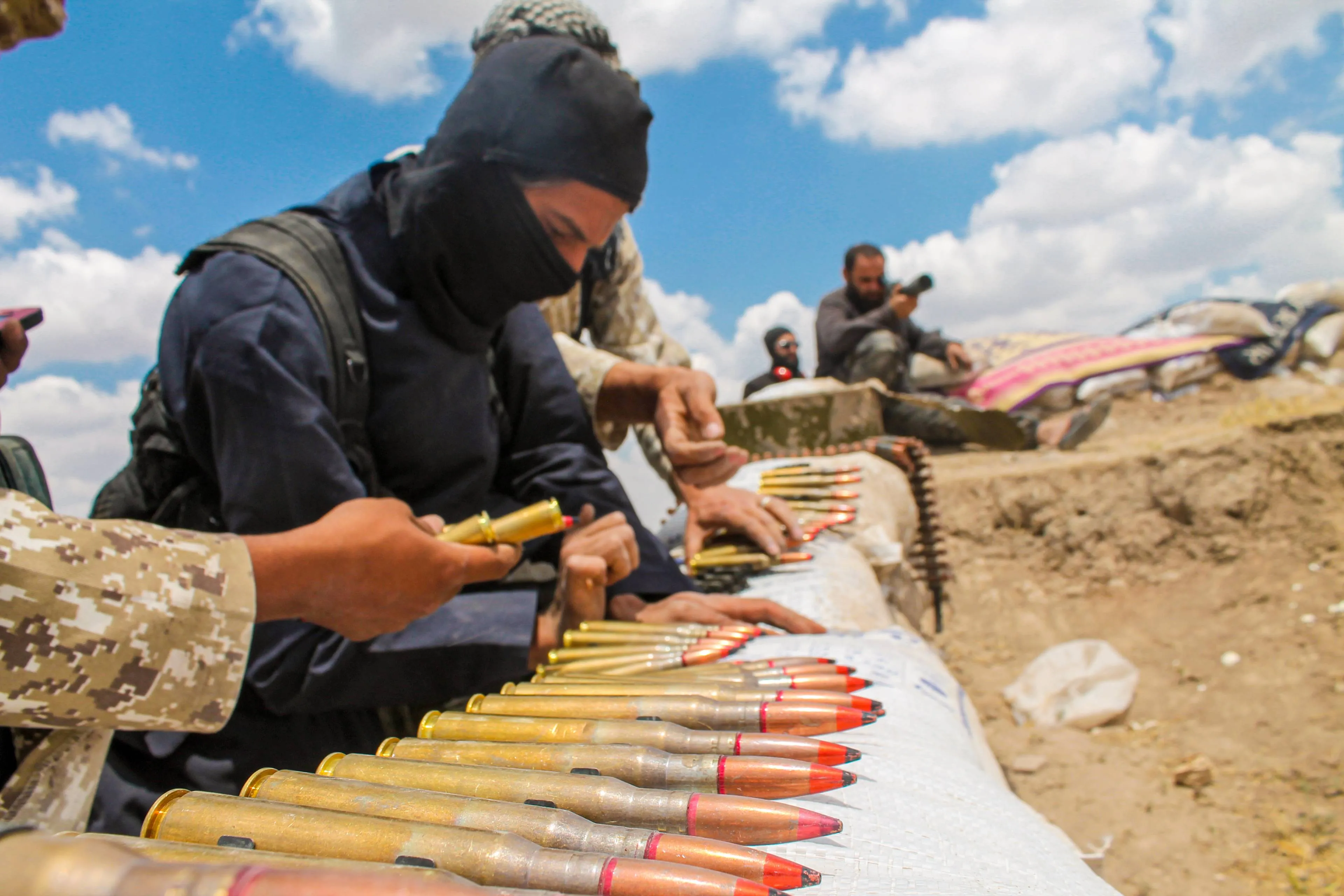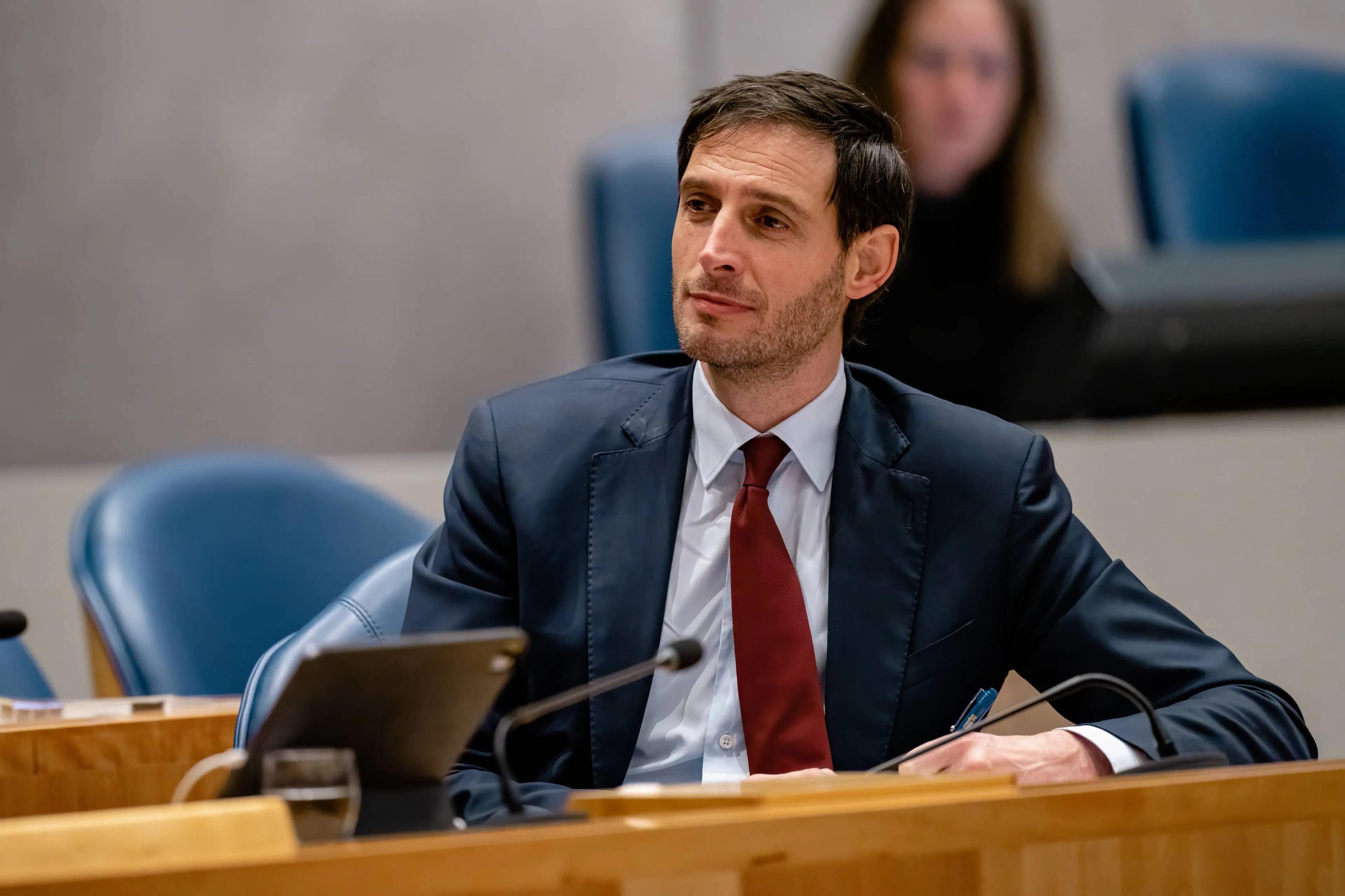Later deze maand publiceert de Leidse hoogleraar Paul Cliteur zijn nieuwe boek over de strijd tussen het islamisme en de vrijheid van meningsuiting; Theoterrorism v. Freedom of Speech: from incident to precedent. Frits Bosch heeft het alvast gelezen en geeft zijn mening over het boek én de inhoud ervan. Frits: "Zoals president Eisenhower al zei: don’t join the book burners!" ‘Waarom haten ze ons eigenlijk’? vroeg Jeroen Pauw in zijn tv-programma pal na de aanslagen op vliegveld Zaventem en de metro te Brussel op 22 maart 2016. Onthutst kijken zijn tafelgenoten hem aan. Moeilijke vraag. Een echt antwoord komt er niet. Er wordt geopperd dat het een represaille is voor de Belgische deelname aan de oorlog in Syrië. Een ander zegt dat veel jongeren van niet-westerse afkomst vervreemd is geraakt en vatbaar is voor radicalisering, ‘lone wolves’.
Ik heb samen met arabisten, moslims, christenen, historici en filosofen het boek ‘Waarom haten ze ons eigenlijk?’ geschreven om een antwoord te formuleren op Pauw’s vraag en enige ordening aan te brengen in verschillende visies over de integratieproblematiek in ruime zin. Dit overigens zonder dat we de illusie hebben dat iemand kan claimen dé wijsheid in pacht te hebben. Belangrijk is te leren, te luisteren, open te staan voor argumenten, bereid te zijn om meningen bij te stellen en feiten te respecteren. Zoals we weten zijn de aanslagen helaas sindsdien doorgegaan.
‘Theoterroristen’ (term van Paul Cliteur) intimideren, dreigen en doden auteurs, politici, cartoonisten, cabaretiers, zie bijvoorbeeld Salman Rushdie, Kurt Westergaard, Theo van Gogh en Rudi Carrell. De elite weet er nog steeds niet goed mee om te gaan, zoals ook politici in het verleden als Obama, Clinton, Balkenende en Rasmussen. In zijn boek ‘Theoterrorism v. Freedom of Speech’ geeft Paul Cliteur zijn visie op theoterrorisme versus de vrijheid van meningsuiting en hoe de verschillende partijen daarmee in de loop der jaren zijn omgegaan. Ondermeer de Deense cartoons, Charlie Hebdo,.de affaire Salman Rushdie en Rudi Carrell versus Khomeini worden belicht. Filosoof Caspar Melville:
‘The Rushdie fatwa certainly announced a new era of a sort, an era in which Western governments were only too happy to play down the value of free expression in favor of realpolitik in the interests of social cohesion at home and international trade and cooperation.’
Het zijn voorbeelden van religieuze fanaten die extreem reageren op satire en kritiek. Ze beschouwen zichzelf al de ware gelovigen. We weten nog goed hoe in 1979 Rudi Carrell en onze regering nederige excuses maakten aan de Iraanse bevolking (niet alleen aan Khomeini) voor de ‘belediging’ dat hij had gezegd dat knielende moslims op zoek zijn naar de contactlenzen van Khomeini. Waren die excuses wijs? ‘Nee’, meent Cliteur. Maar regeringen faalden volgens hem op nog veel meer vlakken:
‘The bleak picture is that the British government apparently failed to protect Drummer Lee Rigby from being murdered, just as the French government, apparently, failed to adequately protect the Charlie Hebdo cartoonists. The British government failed to protect mosques from being attacked, failed to stop the rise of radicalism and extremism and the proliferation of religious and ethnic hatred. Now, does the rise of all these unfortunate processes and tendencies have anything to do with failing to pose the right diagnosis of the problem? Saying that “there is no place for anti-Muslim hatred”, as the local government spokesman did, is easy enough, but is it a significant contribution to mastering the problem? Wouldn’t the greatest contribution be developing a consistent counterterrorism policy? ...The greatest contribution to eradicating racism and xenophobia and establishing harmonious relations between different groups in society would be an efffective counterterrorism strategy... As long as the state fails to develop an efffective strategy the state or “politics” is not part of the solution, but part of the problem. Shouting “fire” is illegitimate when there is no actual fire. But if the overcrowded theater is really burning, and the people have to be warned, shouting “fire”is not only legitimate but a moral and civic duty. It is our civic duty to warn our fellow citizens of a mortal danger threatening the republic.’
Wereldleiders hebben geen coherent beleid ontwikkeld voor deze problematiek, ze gaan ervoor door het stof, waardoor daders menen een machtspositie te hebben verworven en de vrijheid van meningsuiting, een kostbaar bezit van het Westen, ernstig is aangetast. Iedere kritiek op deze religie wordt afgedaan als islamofobie. Het is als het verbranden van boeken, of zoals president Eisenhower zei:
‘Don’t join the book burners. Don’t think you are going to conceal thoughts by concealing the fact that they ever existed. Even if they think ideas that are contrary to ours, their right to say them, their right to record them, and their right to have them at places where they are accessible to others is unquestioned, or it isn’t American.’
En de filosoof Christopher Hitchens:
‘There you have it, ladies and gentlemen, there you have it. You see how far the termites have spread and how long and well they have dined. When someone can stand up and say that in a meeting of unbelievers that the problem is Western civilization, not the Islamic threat to it. That’s how far the termites have come’.
Dit is een bespreking van het nieuwe boek van Paul Cliteur - Theoterrorism v. Freedom of Speech: from incident to precedent, Amsterdam University Press, Amsterdam 2019. Het zal half februari verschijnen.



